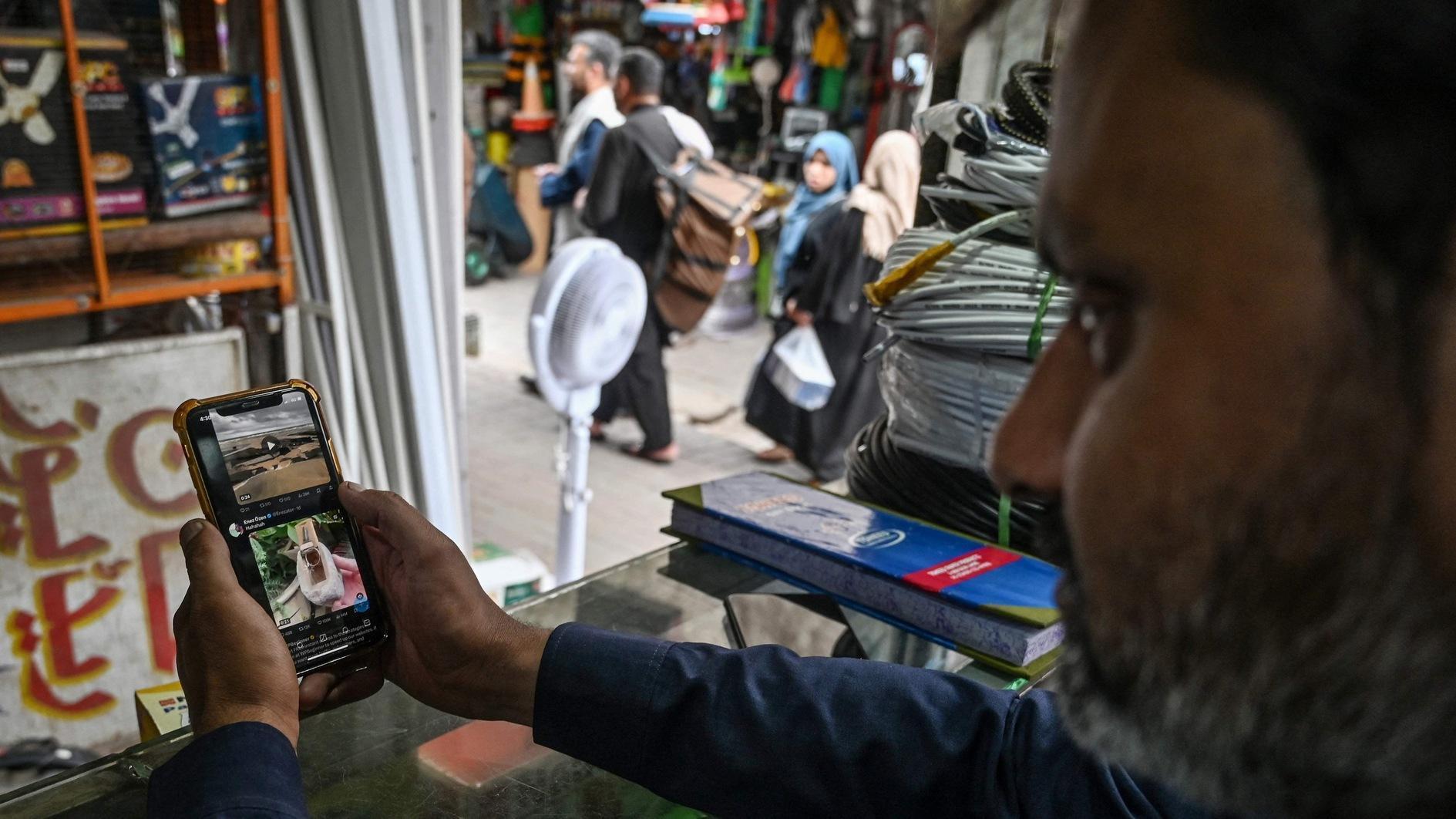Istanbul Modest Fashion Week kicks off amid controversy
ISTANBUL – The Associated Press
 With spring colors, breezy fabrics, high necklines and long hemlines, the International Modest Fashion Week opened May 13 in Istanbul, as Turkey sought to be seen as a creative hotspot for conservative wear around the world.
With spring colors, breezy fabrics, high necklines and long hemlines, the International Modest Fashion Week opened May 13 in Istanbul, as Turkey sought to be seen as a creative hotspot for conservative wear around the world.Seventy designers were taking part in the two-day event hosted by Modanisa, an online retailer of Muslim fashion, at the historic Haydarpaşa railway station flooded with spotlights for the occasion.
“[We want] to create mainstream fashion out of modest fashion and to energize Islamic communities to produce [clothing] for Muslim women,” Modanisa CEO Kerim Türe said. “They want to have their rules but they also want to look chic.”
Modest fashion represents a growing market in the world and Turkey, with its Muslim traditions and booming textile industry, is uniquely placed to cash in both creatively and commercially. Worldwide spending on Muslim clothing is projected to grow to $327 billion by 2020, according to the latest Global Islamic Economy report.
Designers say it’s a budding industry in which Turkey serves as a natural bridge between European and Asian markets.
“In fashion, we have the mainstream fashion line and the modest fashion line,” says Malaysian designer Hazizul Abd Aziz of Aidijuma who favors cool satins and cottons. “The modest fashion line is actually very new.”
The models paraded styles ranging from earthy tunics and floral dresses to grandiose gowns in shimmering pear palettes and dark abayas - all connected by shape-concealing cuts. The looks were set off by dashing turbans, decorative headscarves and prim chignons for the unveiled.
The fashion shows come amid a revived debate over the role of secularism in Turkey, a predominantly Muslim nation where the constitution enshrines secular principles.
Parliament Speaker İsmail Kahraman sparked controversy last month by suggesting the country should have a constitution based on religion instead.
“As a Muslim country, why should we be in a situation where we are retreating from religion? We are a Muslim country. So we must have a religious constitution,” Kahraman said in a conference titled “New Turkey and New Constitution” in Istanbul, stressing that “as a Muslim country” Turkey’s constitution should be religious.
President Recep Tayyip Erdoğan, however, dismissed Kahraman’s suggestion and said there was no “need to especially emphasize Islam,” as the parliament speaker’s remarks led to protest from opposition parties and segments of the society.
Academic Mary Lou O’Neil says the growing visibility of religiously conservative women in public spaces has sparked fear in Turkey’s secular women that this will evolve into restrictions on their dress and conduct.
“In a society that said public space is neutral, religiously neutral, you now have conservative fashion week,” said O’Neil, director of the Gender and Women’s Studies Research Center at Kadir Has University in Istanbul. “[It’s] a visually stunning development for a lot of people and it certainly bothers a lot of people.”
Many studies suggest a growing number of Turkish women self-identify as “conservative” and veiled women are part of the Turkish workforce, appearing at universities and state institutions, she noted. Many younger women have also had the opportunity to travel or study abroad and speak more than one language - opportunities that translate into more economic power.
“They want all the same things, just packaged in a slightly different way,” said O’Neil.
Meanwhile, a group of protesters from the Free Thought and Education Rights Association (Özgür-Der) gathered in front of Haydarpaşa train station and chanted slogans against the event.
“It is worth noting that the reference point of the headscarf, which is seen as a simple commodity or advertisement good by some people, is in fact chastity and identity,” a spokesperson for the group, Emine Nur Çakır, told reporters.
“The headscarf, which symbolizes a stand, a lifestyle, an Islamic identity, is being sacrificed in the name of fashion – a product of capitalism, a system equivalent to the jahiliyyah [pre-Islamic age of ignorance] lifestyle,” she argued.
Stating the headscarf was one of the issues where “social degradation” was felt the most, the group covered fashion week advertisement with placards and chanted “God is great” in Arabic.
















